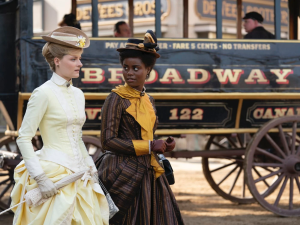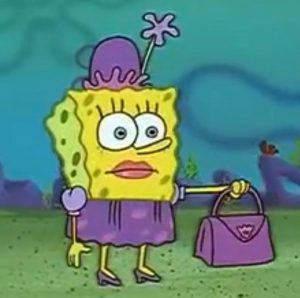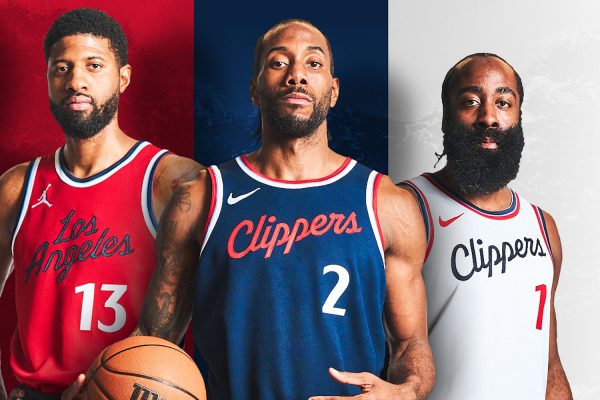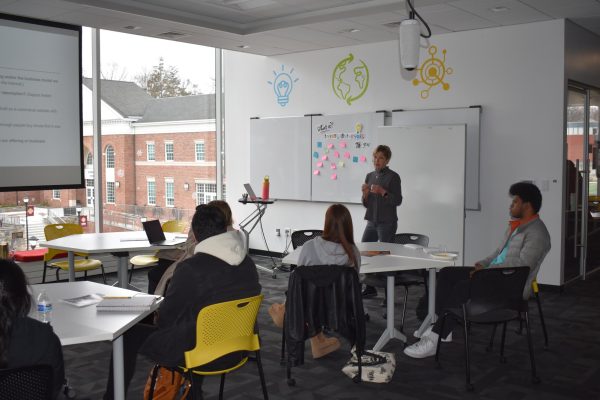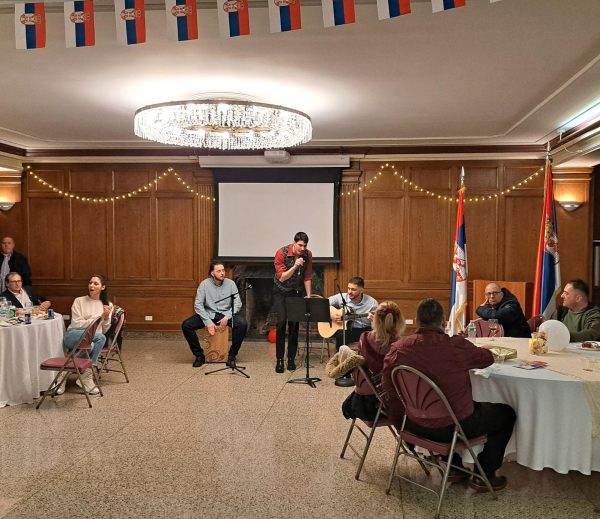SLAM event raises awareness of cultural appropriation
November 12, 2015
Gaels gathered into the End Zone to put an end to culturally appropriating Halloween costumes Oct. 28. The event, called “My Culture is Not a Costume” was sponsored by the Office of Student Development and the Student Leader Alliance for Multiculturalism.
Offensive costumes have been sold in party stores for years, but thanks to the outreach of social media, these costumes have begun to be called out for their offensiveness. These costumes target socially oppressed religions and cultures. By wearing these outfits, people are creating and emphasizing stereotypes of the groups targeted.
The event featured three BuzzFeed videos which included Mexican, Japanese and Native American people trying on offensive costumes pertaining to their culture.
“Because it’s so inaccurate, it almost feels like a joke,” comedian Sheila Chalakee said in the Native American Buzzfeed video. “It’s like someone is making fun of me and all of the things my people fought and died to hold onto.”
The event featured a speaker panel made up of Professor Nadine Cosby from the Mass Communication department and juniors Javon Fowler and Briana Alejandro. The group answered questions in-between the videos.
“The best way to go about [gaining a better understanding] is to sit down with them and educate them on the culture,” senior and Vice Chair of Alliance and Committee Jeremy Ramirez.
One topic the panel focused on was explaining is that you can dress up as a celebrity with darker skin without painting your face darker.
This trend of people doing blackface is in the news frequently, and people have received hate for making their face a darker skin tone to portray a people of different races.
The panel encouraged students to capture the style of the artist or actor they wish to portray, instead of the color of their skin.
“Having discussion panels like these and even [researching the culture is] the best possible ways to do this,” Ramirez said. “People can get offended, but at the end of the day you have to respect people’s cultures.”
One of the biggest questions of the night was how to confront someone wearing an offensive costume. This is a hard task to accomplish, especially if you’re unsure of how the person will react.
The differences between being ignorant, offensive and racist are very important. Cosby explained that being ignorant could usually be excused by educating the person.
One can be ignorant without being offensive or racist, while someone who is a racist is both offensive and ignorant.
“I thought that the event highlighted issues that tend to pop up this time of year,” junior Amani Gill said. “It’s important to know that what you wear for Halloween should be an accurate representation of someone’s culture, rather than make fun of it, and this event captured that quite well.”
The end to offensive costumes lies in our hands. Simple actions such as research and communication with friends make big differences in making Halloween fun for everyone. As the next Halloween is a year away, we have plenty of time to start moving the world in the right direction.






